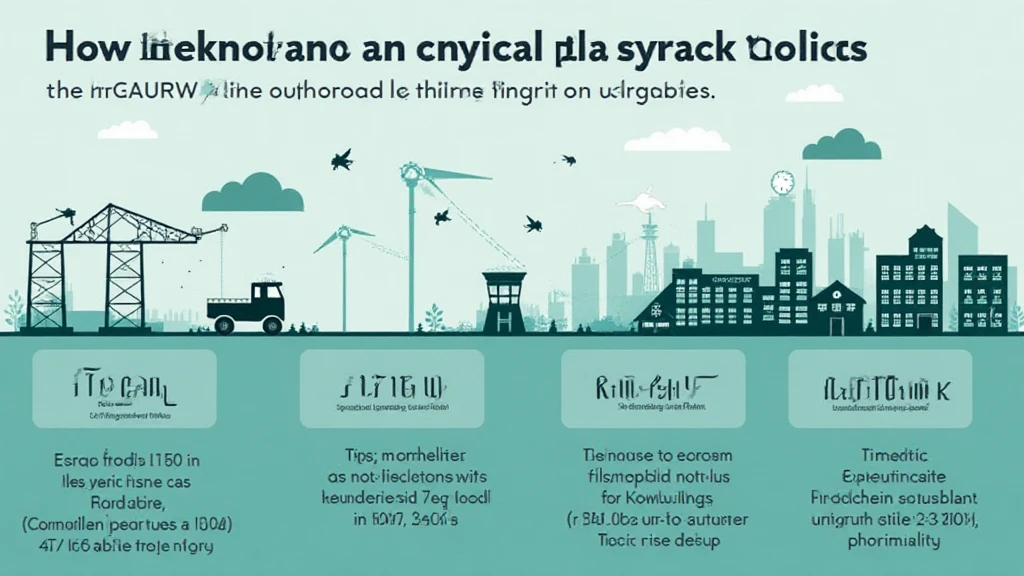Tracking Vietnam’s Air Pollution Sources with Blockchain
Tracking Vietnam’s Air Pollution Sources with Blockchain
With air pollution causing an estimated $4.5 billion loss in economic productivity in Vietnam in 2023, the need for effective monitoring solutions is critical. As pollution levels rise, harnessing technology to improve air quality is becoming a priority. This article explores how blockchain can effectively track air pollution sources in Vietnam, ensuring transparency and accountability.
Understanding Air Pollution in Vietnam
Vietnam faces severe air quality challenges, ranking among the top countries in Southeast Asia for pollution levels. Factors contributing to this issue include industrial emissions, vehicle exhaust, and waste burning.
Statistics on Pollution Levels
- Over 60% of urban residents in Vietnam are exposed to air pollution.
- According to the Ministry of Natural Resources and Environment, 2024 estimates project pollution could lead to over 30,000 premature deaths annually.
How Blockchain Technology Works in Pollution Tracking
Blockchain acts as a transparent ledger that records data in real-time. Here’s how it can help:

- Data Integrity: Once recorded, data cannot be altered, ensuring reliable pollution metrics.
- Decentralization: Datasets are accessible to all stakeholders, from local governments to environmental groups.
- Smart Contracts: Automate response actions based on pollution levels, enhancing regulatory compliance.
Case Studies of Successful Implementations
Blockchain’s application in environmental monitoring is not new. For instance, initiatives in countries like Estonia have successfully reduced emissions through transparent reporting practices. Comparatively, by implementing similar systems, Vietnam could expect a decline in pollution levels.
Potential Challenges Ahead
While the prospects are promising, challenges such as:
- Initial setup costs
- Need for public awareness
- Integration with existing systems
must be addressed for effective implementation.
The Future of Blockchain in Vietnam
The potential for blockchain in tracking air pollution sources in Vietnam aligns with global sustainability goals. According to recent trends, adoption rates for cryptocurrencies and blockchain solutions are expected to rise, potentially reaching up to 20% by 2025 in Vietnam.
Local User Growth Rate
- The current year has seen a growth of over 15% in blockchain technology adoption among Vietnamese businesses.
- As more citizens become aware of environmental issues, demand for tracking solutions will likely surge.
In conclusion, leveraging “tiêu chuẩn an ninh blockchain” for air pollution source tracking in Vietnam presents a significant opportunity. By implementing this technology, the country can strive for clearer skies and healthier cities.
For further details on blockchain applications, check out hibt.com.
Stay informed about the dynamics of air pollution and technology by following strategies outlined in our articles. If you’re interested in the Vietnam crypto tax guide or learning how to audit smart contracts, let’s break it down!
As the future unfolds, the integration of blockchain in social and environmental contexts is a key trend that Vietnam should be eager to embrace.
—
Authored by Dr. Jane Nguyen, an environmental scientist with over 15 published papers and extensive experience in auditing green blockchain projects.






